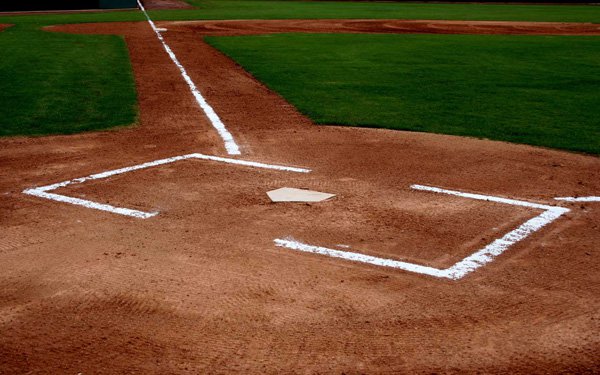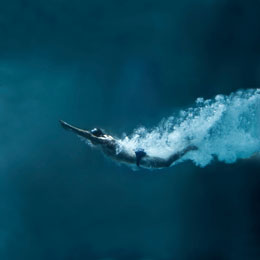Ultra Light Fishing - Not What You May Be Thinking
The term ultra light fishing may conjure up pictures of a fishing rod and reel that would compare with the snoopy setup that you have for your kids. I'm here to dispute that argument once and for all. Ultra Light fishing simply means using fishing gear that's smaller than you may be accustomed to. Actually, it's using equipment that's actually matched to what you're fishing for.
Lets take fishing line as an example. When is the last time a fish actually broke your line? That is, you reeled in your line after having a fish on and the line was broken from the fight of the fish. Obviously I'm not referring to the line braking from abrasion. I'm referring to the line breaking from the weight of the fish. I've been fishing twenty years, and ultralight fishing for eighteen of those years. I can count on one hand the number of times a fish has broken my line, without the help of abrasive surfaces. Yet many people use fishing line that's double the weight of the fish they are attempting to catch. Do you realize that four pound test fishing line will withstand four pounds of weight without breaking? Yet very few people use fishing line as light as four pound test. They consider four pound test to be ultralight.
For the most part, your fishing line should match the size of your fishing rod and reel. My point is that if you use a medium action rod and reel, spooled with six pound test monofilament, and you're fishing for nice walleye and smallmouth bass, this setup could be considered ultra light. And this is not at all a bad thing. In fact, it's a good thing. Using a rod, reel, and line that match each other will result is you getting more bites and catching more fish. Not only will it result in you catching more fish, but it adds to the sporty as well. Catching a four pound smallmouth on the setup mentioned above is much more fun than catching the same smallmouth on a rod a reel setup that's heavier (and most anglers use) isn't nearly as much fun. I speak from experience on that one.
I'll give you a real life example of how line diameter specifically relates to our subject. I was out fishing a couple of years ago with gang hooks tied on six pound test monofilament. I used heavier line because I thought I had a big fish located. In any case I fished for three hours without a bite. This was highly unusual for the area I fish in Montana, but I figured that the moon or weather must have had something to do with it. I was about to call it a day, when I got snagged and lost my last pre tied gang hook. As I was walking away, I remembered that I normally use gang hooks tied on four pound test monofilament. I of course had spare line and hooks with me, so I quickly tied a gang hook on four pound test, baited it with a worm (just as I had been all day), and cast out my line. Half way through my drift, FISH ON. I fished for another thirty minutes and caught four more nice trout. The only difference was the size of the line that my gang hooks were tied on, that was it.
The bottom line is that ultralight fishing isn't necessarily what you may be thinking. If you've never matched your fishing gear to what you're fishing for, give it a shot. You won't be disappointed. And never forget what Don Marquis said about fishing, "Fishing is a delusion entirely surrounded by liars in old clothes."
Choosing the Correct Fishing Rod
Use The Proper Technique And Start Catching More Fish


